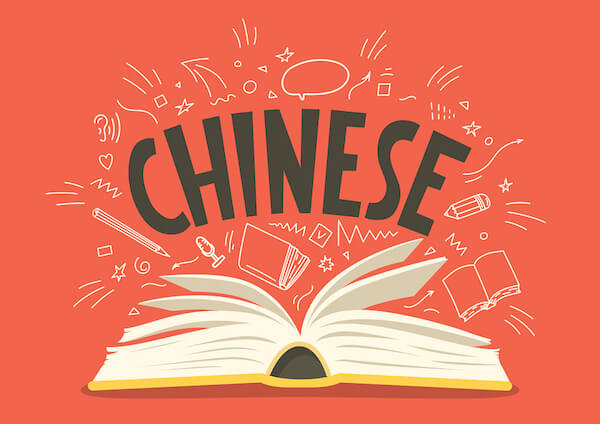
Cultures interact and influence each other all the time. Language is often at the forefront of this cultural interaction.
Many native English speakers find Chinese extremely difficult to learn. This is understandable given the apparent difference between the two language systems: Chinese is ideographic while English is phonetic.
Despite the huge differences, many Chinese words actually originated from English. This is because of the intensive engagement between China and various English-speaking countries in the past century.
Here is a list of Chinese words that originated from English that may surprise you.
-
1 Beer: 啤酒 (píjiǔ)

In the Ming dynasty, many foreign foods were introduced to China. For the sake of convenience, Chinese people also borrowed foreign words to name those foods.
Examples like 柠檬 (níngméng, lemon), 巧克力 (qiǎokèlì, chocolate), 芒果 (mángguǒ, mango), and 啤酒 (píjiǔ, beer) are among the most well-known.
The first character 啤 (pí) approximately sounds like “beer.” The second character 酒 (jiǔ, alcohol) implies the meaning of the word.
-
2 Logic: 逻辑 (luóji)
After the Enlightenment swept Europe, modern science and philosophy thrived. One of the common tenets of modern science and philosophy is logic (逻辑, luóji), or the analysis and appraisal of arguments.
China has its own intellectual legacy. In ancient China, people’s intelligence was commonly referred to as 智 (zhì) or 慧 (huì). Only in modern times was intelligence measured by words like “logic.”
-
3 Smart: 时髦 (shímáo)
Some of the Chinese words that originated from English deviated from their original meanings throughout the years.
时髦 (shímáo) is a word widely used in China nowadays to describe people who follow fashion trends. However it was originally translated from “smart,” and the two words remain similar phonetically.
-
4 Romance: 浪漫 (làngmàn)

Many English-originated Chinese words are beautifully crafted. My favorite is 浪漫 (làngmàn, romance).
浪漫 consists of two Chinese characters. 浪 (làng) refers to waves and 漫 (màn) describes a status of “unrestrained.”
Imagine that you walk unrestrained beside the waves, how romantic that would be!
-
5 Hysteria: 歇斯底里 (xiēsīdǐlǐ)
To be a more advanced Chinese speaker, you need to master some less-common phrases.
歇斯底里 (xiēsīdǐlǐ, hysteria) is an English-borrowed Chinese word that describes the hysteric mental state. The word is mostly phonetically approximate to its English origin.
-
6 Proletariat: 普罗大众 (pǔluō dàzhòng)
普罗大众 (pǔluō dàzhòng) is a common phrase referring to people in contemporary China.
I’m always confused by this phrase. 普罗 (pǔluō) seems unnecessary because 大众 (dàzhòng) alone already means the same as the whole phrase together.
Actually, 普罗 (pǔluō) originated from the English word “proletariat.” It became integrated into the Chinese as the communist movement raged throughout China in the twentieth century.
-
7 Plaza: 广场 (guǎngchǎng)

Japan served as an intermediate point of the China-West cultural exchange in the modern era. Due to the language proximity between Japan and China, the Japanese frequently utilized Chinese characters to translate English.
Chinese people in turn borrowed those Japanese-created Chinese words. Because of the complexity of the translation process, even many Chinese people are not aware of the English origins of certain Chinese words.
Examples include 广场 (guǎngchǎng, plaza), 联想 (liánxiǎng, imagine), and 俱乐部 (jùlèbù, club).
Language remains the core of human experience. Language is in itself a manifestation of history. The close relationship between modern Chinese and English tells us a lot about the cultural interdependence of the twentieth century.
Do you know any Chinese or English words that originated from other languages? Tell us in the comments below!



0 Comments